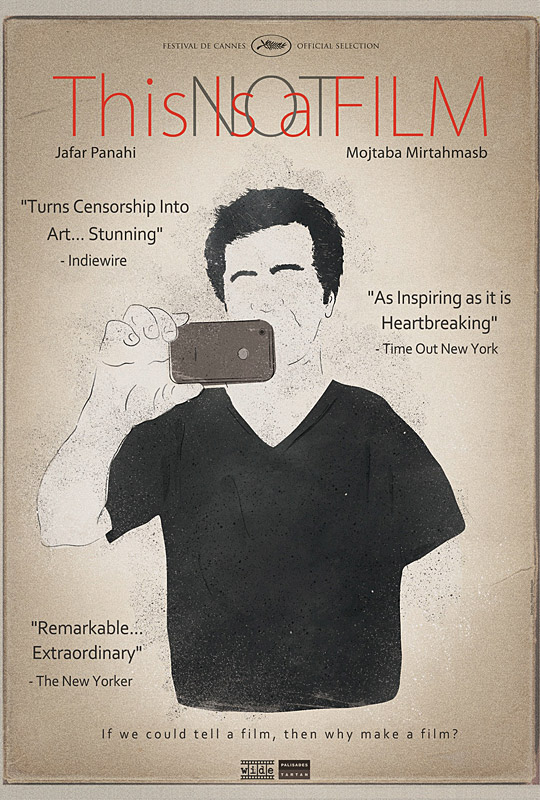by Rob White
Film Quarterly
“Do you think we beat our wives and children like animals? I swear on this Quran, we’re humans just like you,” says unemployed cobbler Hodjat (Shahab Hosseini) to a schoolteacher (Merila Zare’i) at one point in A Separation, and it is tempting to think about both this Iranian arthouse thriller and Alexander Payne’s return in terms of fellow feeling across class, age, gender lines. Consider similar sad moments in each film. In Asghar Farhadi’s drama, bank worker Nader (Peyman Maadi) starts to quietly cry while he is spongewashing his Alzheimer’s-afflicted father. In The Descendants Scott (Robert Forster), a bullying patriarch (whose wife has Alzheimer’s too) softly kisses his comatose daughter in her hospital bed. We catch glimpses of proud men’s secret pain; their care for the incapacitated bodies of loved ones vouchsafes a fundamental compassionate humanity. Such scenes of solicitude trigger our own empathy—yet that same tender response is exactly what risks obscuring a sinister institutional dimension overshadowing the personal pathos.
A Separation begins with Simin (Leila Hatami) petitioning for divorce from Nader. He agrees, but with the impossible proviso that he retain custody of eleven-year-old Termeh (Sarina Farhadi, the director’s own daughter). The characters look to camera as they give their depositions: the initial viewpoint is the presiding judge’s and after the spouses move out of frame the director’s credit appears like a clerk’s endorsement of the record. The marital crisis escalates tragically afterwards when Nader argues with pregnant Razieh (Sareh Bayat), Hodjat’s wife. Employed to tend Nader’s taciturn, incontinent father, Razieh leaves the old man home alone because of an urgent doctor’s appointment. Nader is furious when he realizes, and thrusts Razieh out the door. She falls and later has a miscarriage. Bitter recriminations ensue: Nader vehemently denies that he was aware of Razieh’s condition when he mistreated her; the teacher (who had been in the apartment earlier) corroborates his claim, testimony that will eventually prompt Hodjat’s outburst about being human too. And so the dense, ingeniously regulated plot of A Separation goes on. The director has compared the narration to a crossword puzzle—a good analogy so long as it is understood that the mode is cryptic. Farhadi omits the most important incident of all, and information such as the reason for Razieh’s absence only emerges belatedly (and perhaps unreliably) in conversation. Vignettes such as the sponge-washing, filmed in a plausibly unsteady handheld style, are the pretenses of intimacy that distract from the storytelling’s iron grip.
To Read the Rest of the Essay


No comments:
Post a Comment